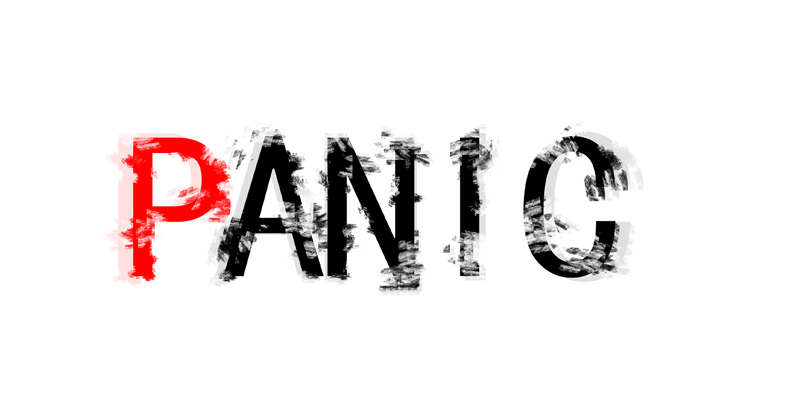3.3 Self-help and sources for support
CBT is one kind of psychological therapy and therapy is not the only thing that helps with panic disorder. GPs may also prescribe medication for example.
In addition, it is a great idea to try self-help. You can help yourself by learning about panic attacks and panic disorder, in particular:
- things you can do that might prevent panic attacks
- things that you can do to help during a panic attack
- where to get support.
Activity 10 Preventing panic and coping with panic
Preventative steps for panic attacks include trying to reduce the overall stress in your life and doing things that might help with stress, such as aerobic exercise or mindfulness or getting enough sleep or doing activities you enjoy.
- What have you found helpful in reducing your overall level of stress? List three things that you have found help you to feel calmer.
Things you can do during a panic attack include not engaging in any safety behaviours.
- The following extract was taken from the website ‘No Panic’, a charity set up to help people with anxiety disorders including panic disorder. Read the extract and note down what seem to you the most useful tips for coping with panic.
Remember the symptoms and feelings although very frightening are not in the least dangerous or harmful.
Understand that what you are experiencing is just an exaggeration of normal bodily stress reactions. Remember, that when you get excited, if for instance, you had won the Lottery, your body would react with churning tummy and a rapid heartbeat, your legs would be unsteady and you would probably feel hot and overcome by the experience. The symptoms are exactly the same when you are anxious; you just react differently when these feelings appear to come for no apparent reason, so you worry, become more anxious and possibly depressed.
Do not fight your feelings or try to wish them away – be willing to accept and face them, secure in the knowledge that nothing awful will happen. In this way they will diminish and be less intense.
The main thing to remember is not to add to panic with frightening thoughts. Telling yourself that you will be okay, just as you have always been in the past, will definitely help. Try changing ‘What if’ to ‘So what’.
The above also applies to those awful ‘doom and gloom’ feelings as well. It is all down to tension and how we ‘think’ about it.
If you find yourself starting to panic, try to visualize a ‘lollipop’ lady with her red ‘STOP’ sign and then say ‘STOP’ to yourself. Start changing your panicky thoughts to positive ones – it can and does work!
Discussion
Things you can do during a panic attack also include not engaging in any safety behaviours.
